Physician Health|The International Cancer Research Center tells you how to eat healthy and at ease, 6 common taboo foods

The life of many people in modern times tends to be static, and the amount of exercise is generally insufficient. How to eat healthy is very important. This is also a problem that family members often worry about. But there are thousands of theories about healthy eating and practices, and people are often confused and don't know which way to believe. But in fact, think about the so-called healthy diet from another angle. Can you achieve results as long as you avoid unhealthy foods ?
The doctor has compiled the information released by the International Agency for Research on Cancer (IARC), a subsidiary of the World Health Organization, to share with you what kind of food is likely to cause cancer, except for the food that is prone to cancer In addition, it also includes things to pay attention to in life! Doctors suggest that this article can be forwarded to friends who need to care about health and cancer prevention.
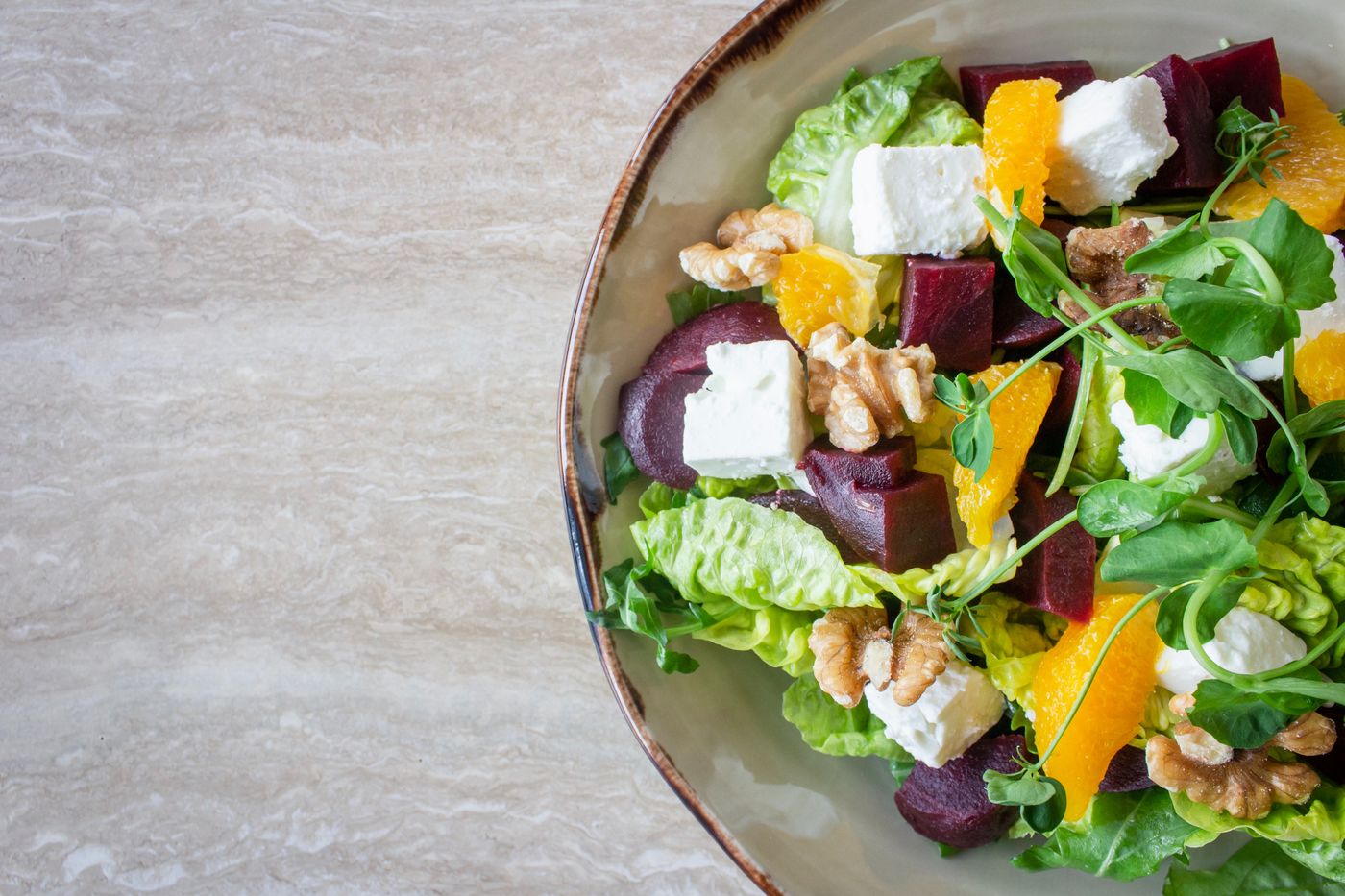
Living in modern life, there is basically no way to completely isolate the exposure to carcinogens. The key question is , which things have a higher risk of cancer? How much exposure can the body still handle? Many people "talk about cancer discoloration", whether it is true or not, as soon as they see an article saying "XX things cause cancer", they will feel a sense of unease and can't help reposting. In fact, IARC has already published a list of carcinogens , so let's take a look.
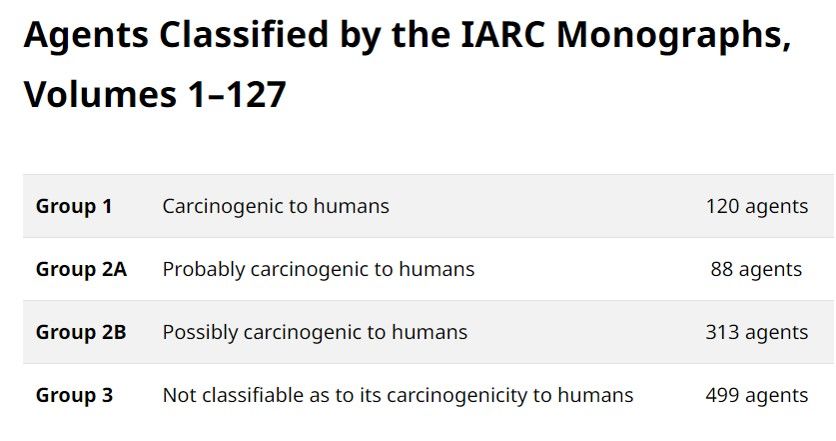
Exposure to carcinogens is more frequent than you think
Before discussing carcinogens in the environment, let's talk about the classification criteria for carcinogens. In the end, which carcinogens have higher carcinogenic risk and which carcinogens have lower carcinogenic risk, we classify them according to the carcinogens published by the International Institute for Cancer Research, which are divided into 4 levels:
Level 1: Carcinogens with clear carcinogenic effects, such as aristolochic acid, benzene, aflatoxin, radioactive substances, asbestos, dioxin, etc., here are two categories of daily contact and diet:
(1) Daily exposure: smoking, second-hand smoke, outdoor air pollution, diesel engine exhaust, ultraviolet (solar radiation)
(2) Diet: self-squeezed peanut oil, moldy peanuts, wine, salted fish, pickled vegetables, barbecued meat, betel nut, overnight vegetables, undercooked fish, undercooked snails
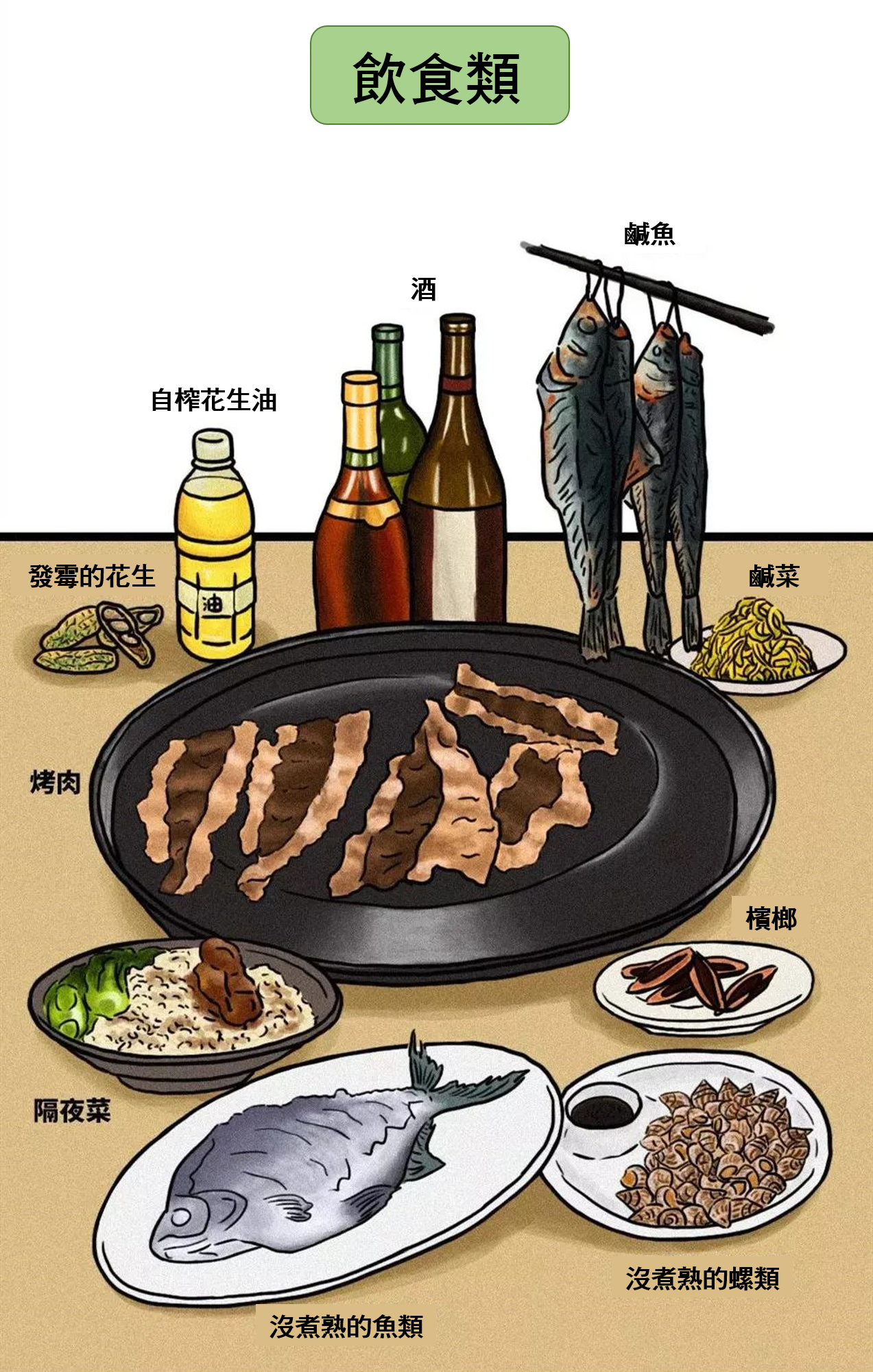
Level 2: Studies have shown that it does cause cancer, but the cause of cancer in humans is not clear enough. Class 2 carcinogens are further divided into Class 2A and Class 2B. Class 2A has higher carcinogenicity and Class 2B has lower carcinogenicity. Common ones are lead, acrylamide, 4-methylimidazole, electromagnetic waves, etc.
Level 3: It is not known whether it is carcinogenic to humans, or only known to be carcinogenic to animals, but there may still be a risk of carcinogenicity. Common ones include Sudan red, melamine, saccharin, caffeine, and cholesterol.
Level 4: Substances such as caprolactam (a chemical raw material) that do not have sufficient evidence to prove carcinogenic in relevant studies.
To sum up, try not to come into contact with grade 1 carcinogens in life, avoid grade 2 carcinogens as much as possible, and do not need to be too nervous about grade 3 and 4 carcinogens, but you should also avoid frequent exposure.

The doctor's housekeeper will then sort out several common carcinogens in life, and everyone should pay more attention to diet!
1. Aflatoxin: Aflatoxin is not a single toxin. It includes at least 5 kinds of toxins. It is a secondary metabolite produced by fungi such as Aflatoxin mold and parasitic koji bacteria. It is also the most toxic and carcinogenic natural pollution discovered so far. It needs high temperature above 280℃ to kill, and it cannot be destroyed by conventional cooking methods. Ingestion of 1 mg is carcinogenic, and ingestion of 20 mg at one time is fatal. After entering the human body, aflatoxin remains the most in the liver, which can easily lead to acute poisoning , liver failure and even death. Fungus that has been soaked for a long time, chopsticks and cutting boards that have not been washed, moldy peanuts and corn, bitter nuts, inferior peanut oil and sesame paste, spoiled rice , etc., all of which are found in aflatoxin. Special attention should be paid to improper preservation or manufacture of food, as it is easy to breed aflatoxin .
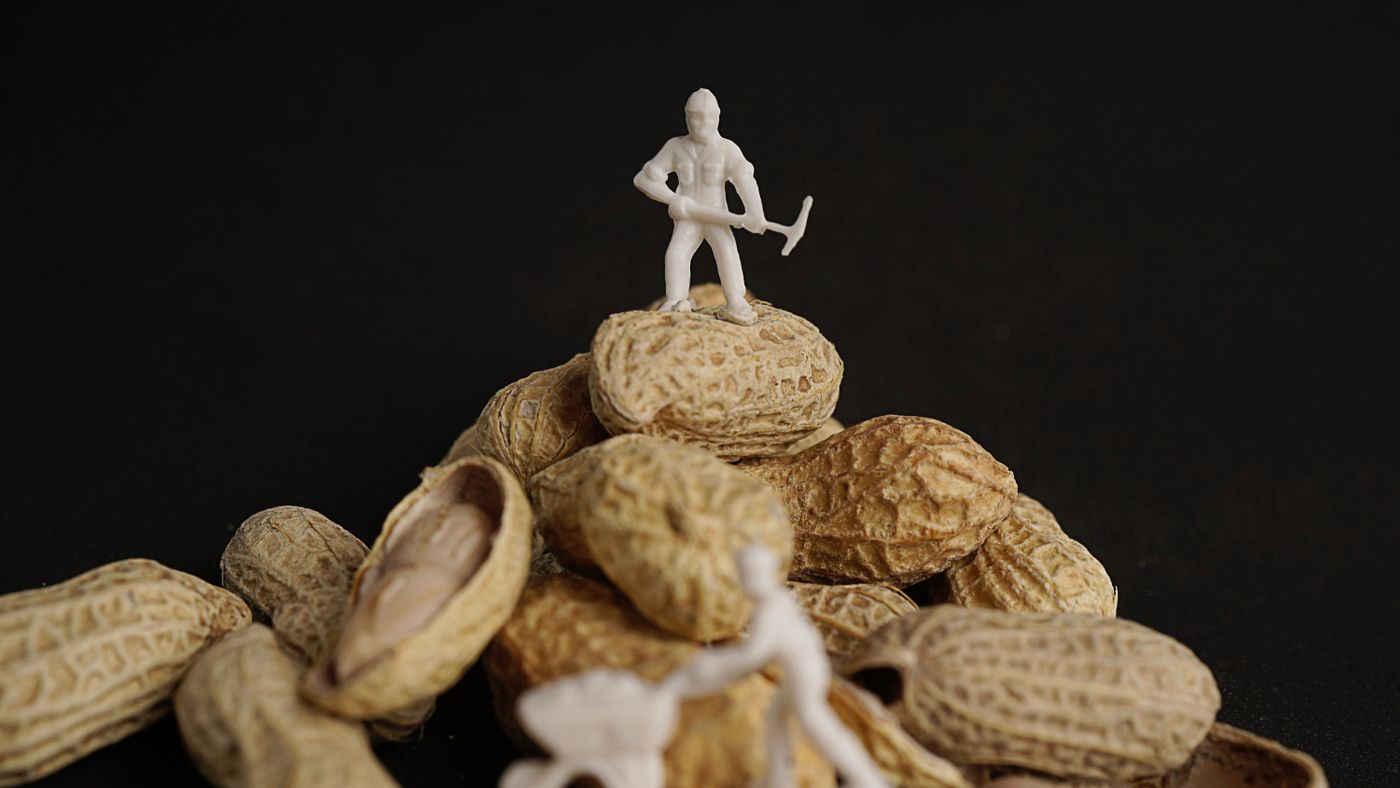
2. Alcohol: 800,000 people around the world are caused by drinking alcohol every year. Studies have shown that drinking alcohol can increase the risk of cancer, including oral cancer, nasopharyngeal cancer and other head and neck cancers, as well as esophageal cancer, liver cancer, breast cancer, etc. Even a small amount of alcohol consumption, The chance of getting cancer is 1.26 times that of not drinking, and drinking too much alcohol is even as high as 5.13 . Alcohol itself is not a carcinogen, the culprit is its metabolite acetaldehyde. Acetaldehyde can bind directly to DNA, causing DNA mutations and chromosomal mutations. At the same time, acetaldehyde also induces inflammation and cell replication, causing normal cells to mutate into cancer cells. In addition to causing cancer, alcohol also causes changes in brain cells, causing brain atrophy, resulting in inability to concentrate, memory loss, and unresponsiveness. People who drink alcohol for a long time will stimulate the stomach, intestines, kidneys and other organs, which can easily induce various diseases.
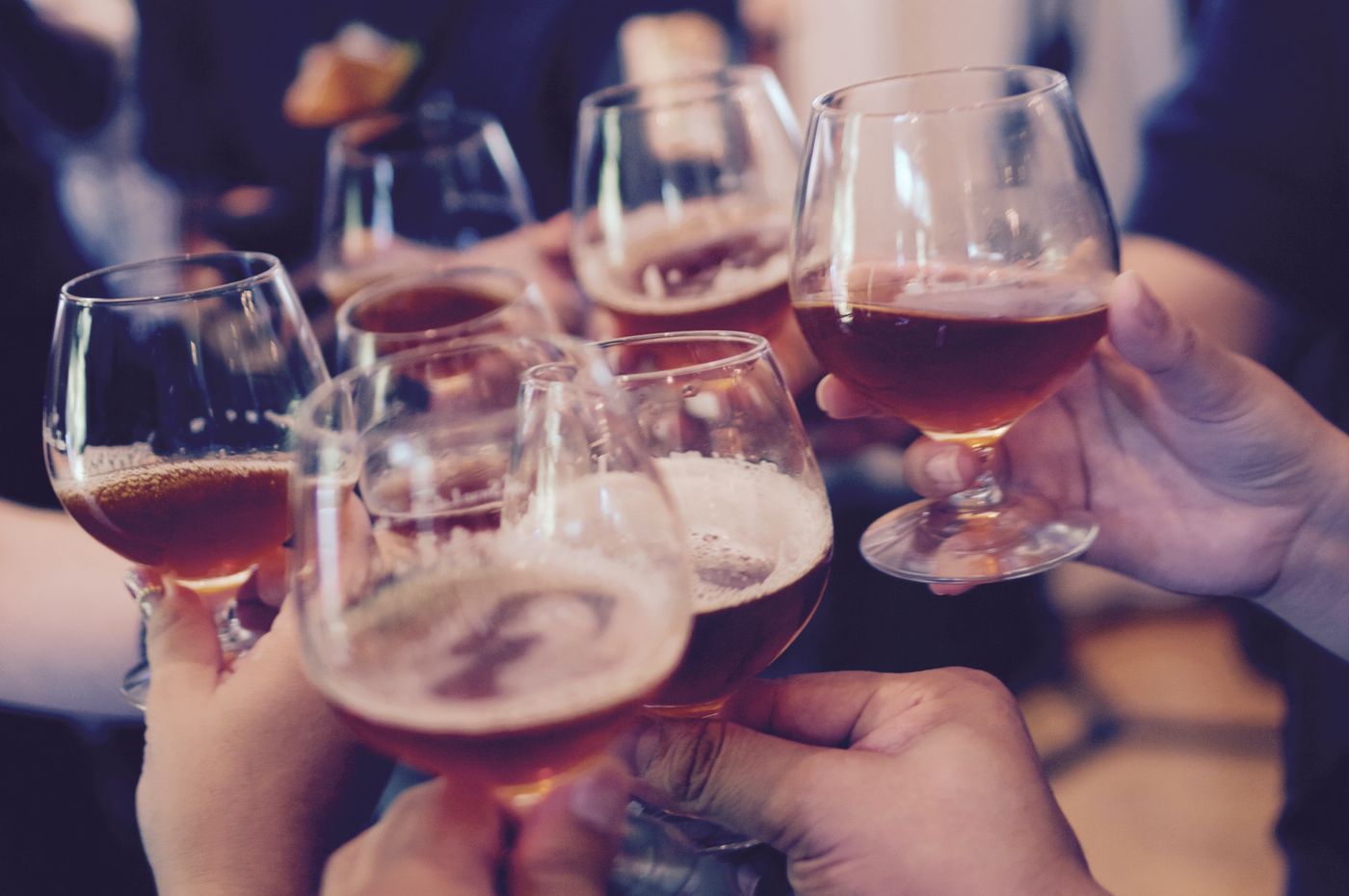
3. Cigarettes: Studies have shown that tobacco contains more than 7,000 chemicals and compounds, hundreds of which are toxic and at least 93 known carcinogens that not only damage DNA but also prevent gene repair. Smoking is closely related to many diseases. Long-term smoking will not only increase the toxic substances in the body, affect the permeability of red blood cell membranes and the deformability of red blood cells, induce cardiovascular and cerebrovascular diseases, cancer and other diseases, but also affect intelligence and even cause infertility. Infertility.
Living with smokers has a 20%-30% higher chance of getting lung cancer than the general public . Long-term exposure to second-hand smoke can cause or aggravate children's respiratory diseases, and also increase childhood leukemia, lymphoma, and brain and central nervous system diseases. , the incidence of hepatoblastoma and other cancers.
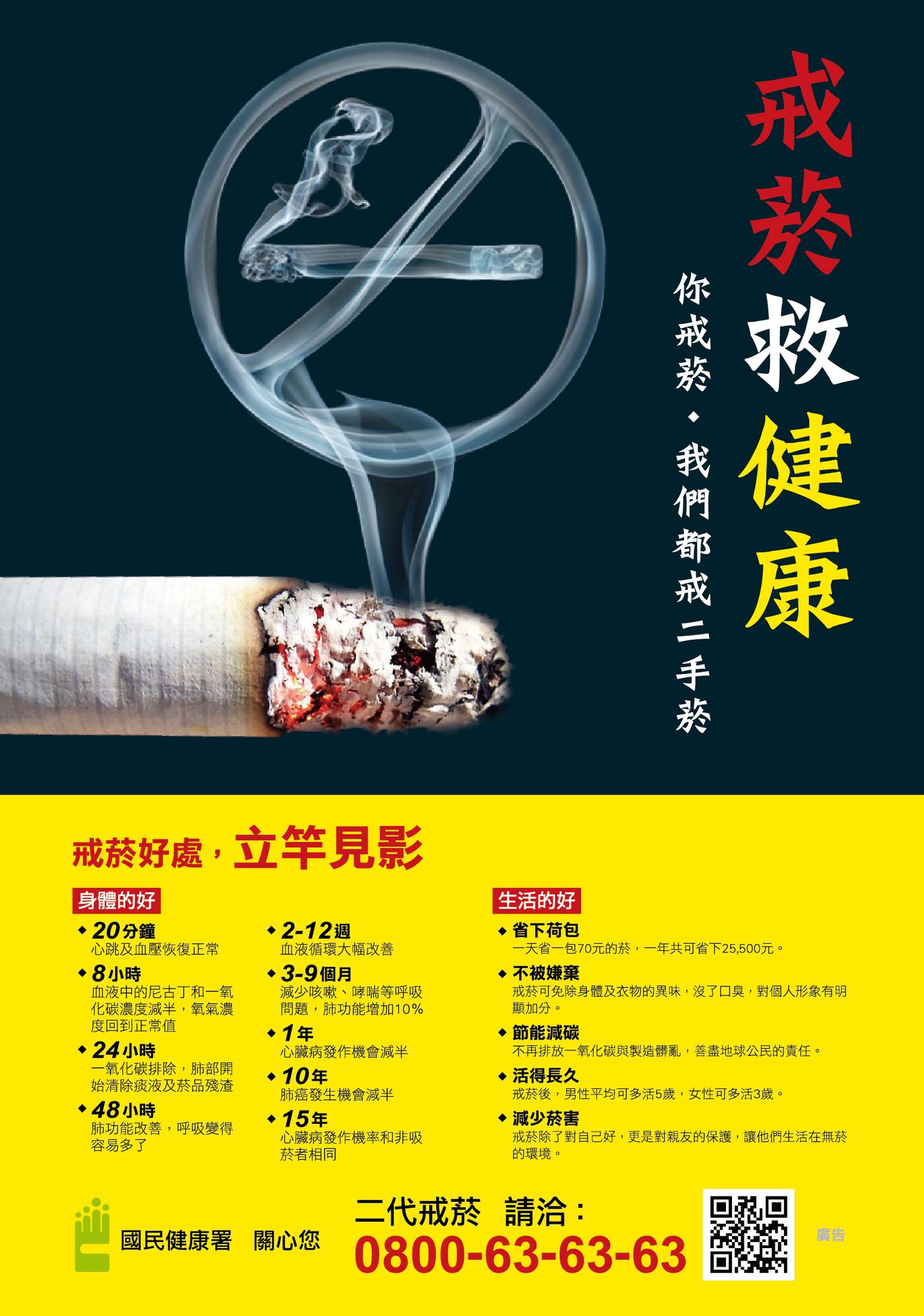
4. Betel nut : Betel nut itself is a carcinogen! Even if you don't add red ash, white ash, almond flowers, or almond leaves, chewing it will cause cancer. The carcinogenic effect of betel nut is mainly reflected in two aspects, one is physical damage, the fiber of betel nut is rough, and long-term consumption will damage the oral mucosa and teeth; the other is chemical damage, the alkaloids contained in betel nut will cause devastating damage to normal cells. destruction, leading to inflammation. The two-pronged approach leads to persistent and repeated damage to the oral cavity, eventually leading to oral cancer.

5. Salted fish : It should be noted that in the production process, the salted fish whose internal organs are not taken out, because after chemical action, under suitable conditions, a kind of "N-nitroso compound" will be produced. Long-term consumption or a large amount of consumption can easily induce nasopharyngeal cancer, esophageal cancer, liver cancer, stomach cancer and other diseases. In addition, salted fish should be marinated with a lot of salt during production. Excessive intake of salt for a long time will increase the risk of gastrointestinal diseases and cardiovascular and cerebrovascular diseases. If it is not stored properly, the salted fish will also deteriorate and become moldy, and a large number of toxins such as aflatoxin will grow, and most people will think that the salted fish is not easy to spoil, so it will be eaten in the stomach.

6. Benzopyrene : Compared with several other grade 1 carcinogens, benzopyrene is not so well-known, but its main source is the product of carbon-containing fuel and the pyrolysis process of organic matter, which is commonly found in baked and fried foods. , burnt food, kitchen fumes and car exhaust . In terms of toxicity, benzopyrene surpasses aflatoxin and can enter the human body through various ways such as eating and inhaling. After entering the human body, a small part of benzopyrene will be excreted in the feces, and most of it will be converted into certain metabolites through the activation of oxidase in liver and lung cells, and then combined with DNA, causing DNA damage. Cancer occurs when damage cannot be repaired in time.
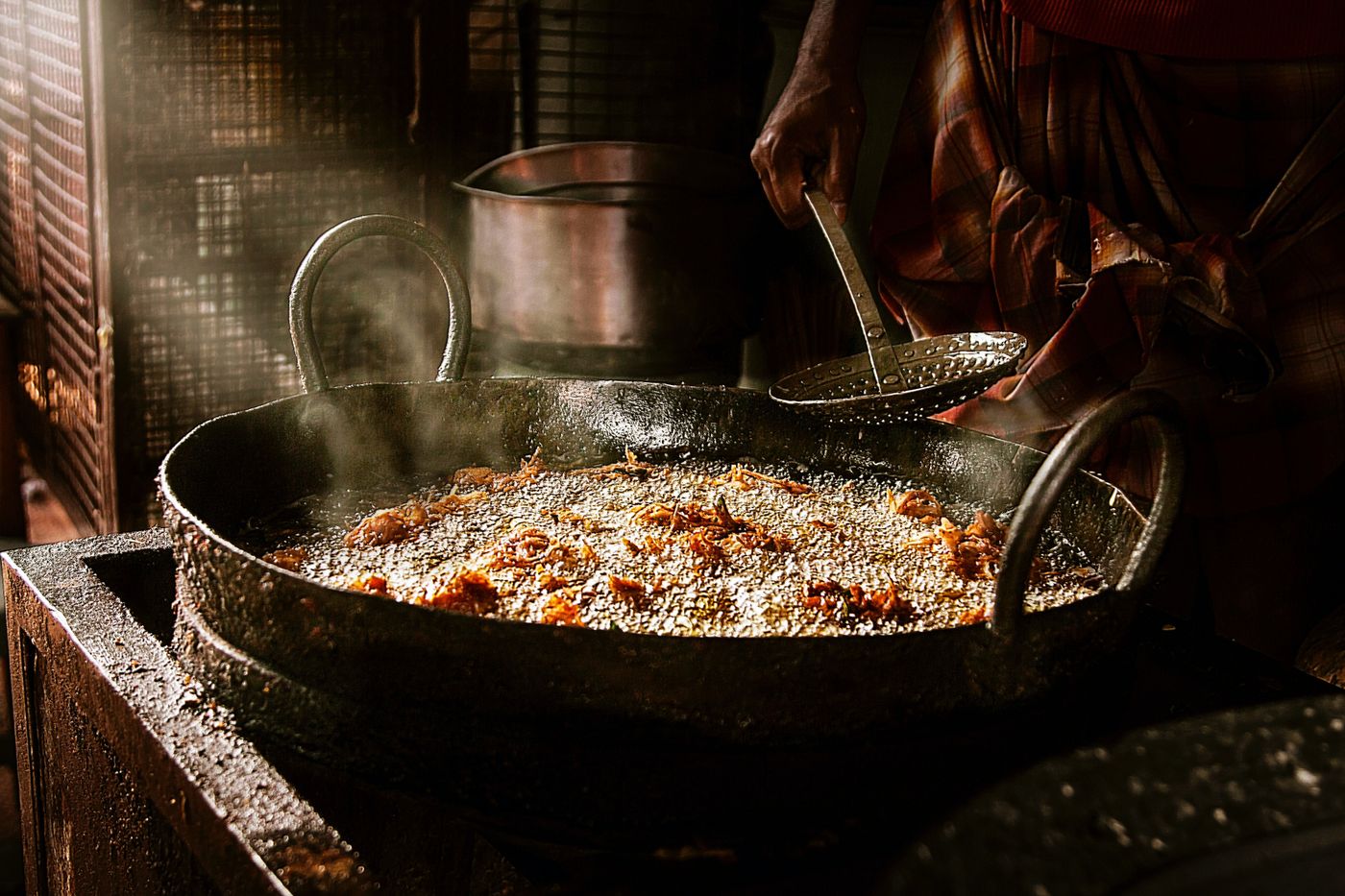
In addition to the above six foods, the doctor's housekeeper organizes other foods related to cancer risk, and it is also recommended to eat less!
(1) Acrylamide: Commonly found in foods that are treated with high temperature such as French fries, potato chips, and fried dough sticks. In particular, try not to eat or eat less food that has been processed at high temperature such as fried!
(2) Safrole: Commonly found in moldy ginger, it is a highly toxic carcinogen. Long-term consumption can cause liver cancer, esophageal cancer and other diseases.
(3) Gasoline: Aromatic compounds in gasoline and engine exhaust have obvious genotoxicity and mutagenicity to bacteria, animals and people. Long-term inhalation may cause many diseases such as nervous system, respiratory tract, and lungs.
(4) Red meat: This needs special attention. In recent years, many studies have proved that red meat is positively correlated with the increased risk of gastric cancer, rectal cancer, breast cancer, prostate cancer and other cancers. But it doesn't mean that you can't eat it, and the daily intake of less than 50 grams is still in the safe value.
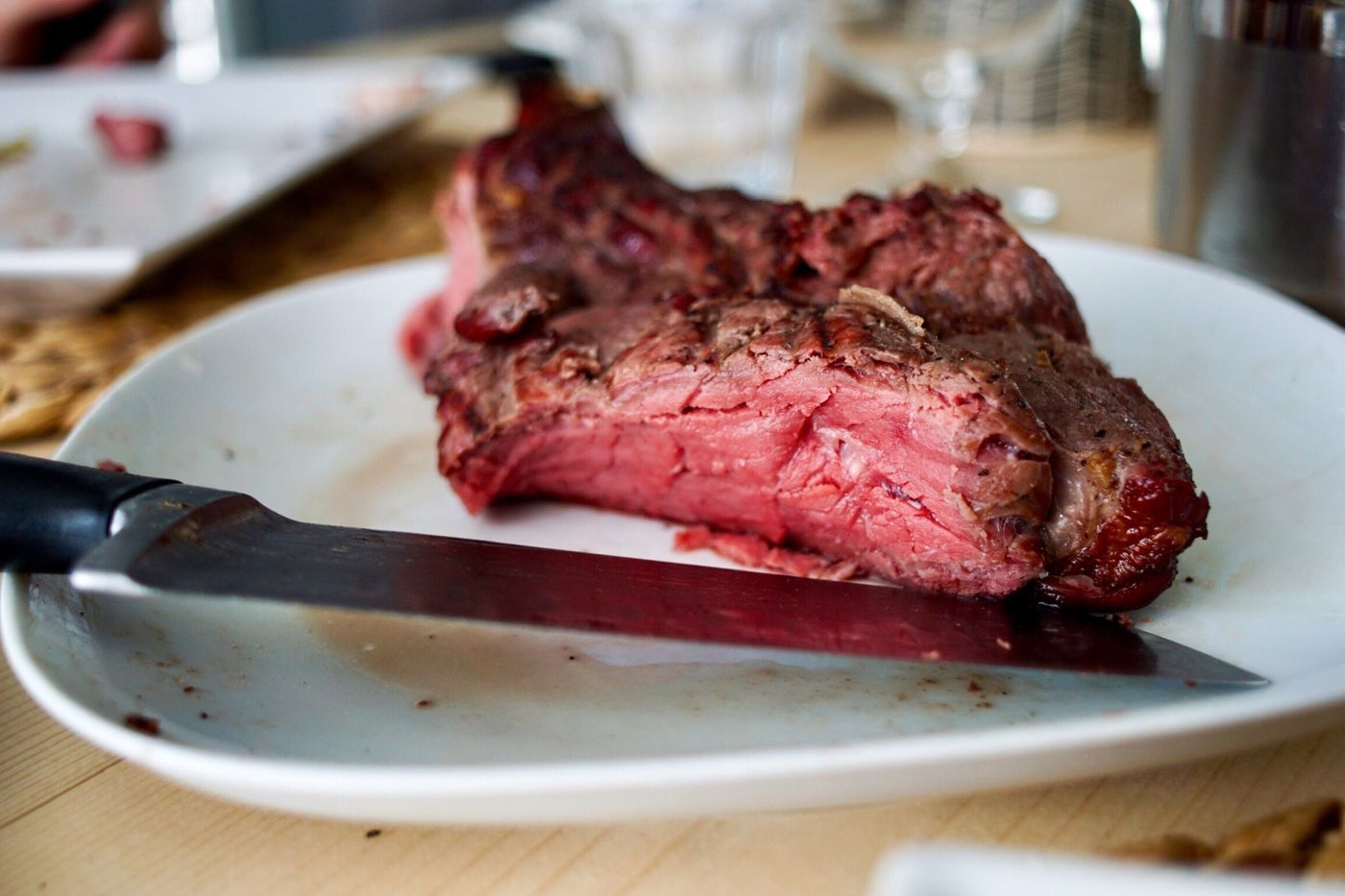
Key Factors in Carcinogenesis: Timing and Dosage
There are so many carcinogens around, and many of them are related to food, but in fact, we don't need to "talk about the discoloration of cancer". The key factors for cancer are time and dosage, that is, how long and how much you eat. Taking aflatoxin as an example, it doesn’t matter if you accidentally eat one or two bitter melon seeds, but if you eat peanut oil made from moldy peanuts for a long time, the dose of aflatoxin will be greatly increased. , the risk of cancer will also greatly increase. Similarly, eating salted fish occasionally has little effect, but if you eat it regularly, it will pose a greater health risk.
Pay more attention to your daily diet. According to the “National Dietary Indicators” and “Vegetarian Dietary Indicators” announced by the Ministry of Health and Welfare, the daily diet should be ingested in accordance with the six major categories of food in the dietary guidelines, and the nutrients you will be ingested can be complete. Whole grains are the staple food for three meals to provide the body with proper calories, which can help maintain blood sugar and protect the tissue proteins of muscles and internal organs. Choose more high-fiber foods to promote the physiological health of the intestines, and also help to control blood sugar and blood lipids. Less oil, less salt, less sugar, and drink plenty of water.

Physician health, protect family:
Physician and Family Physician will arrange the best medical path in Taiwan for you, connecting the health care team, authoritative famous doctor team, and the whole Taiwan medical network. The honored clients of Physicians can arrange interdisciplinary golden diagnosis and treatment service teams led by dean/dean-level, director-level, and attending physicians to provide professional and comprehensive disease treatment through the services of Physicians and Physicians.
In addition to arranging disease medical treatment, severe (cancer) treatment, and high-end health examinations, doctors and family doctors provide customized health butler services, including
1. Nutritional diet guidance, family healthy life advice
2. Provide active prevention and management plans for major chronic diseases and elderly diseases
3. Accompany the whole process of the visit and report the visit record to the family
4. Actively follow up and actively arrange return visits
5. Regular monthly care and instant (remote) consultation

Like my work? Don't forget to support and clap, let me know that you are with me on the road of creation. Keep this enthusiasm together!

- Author
- More